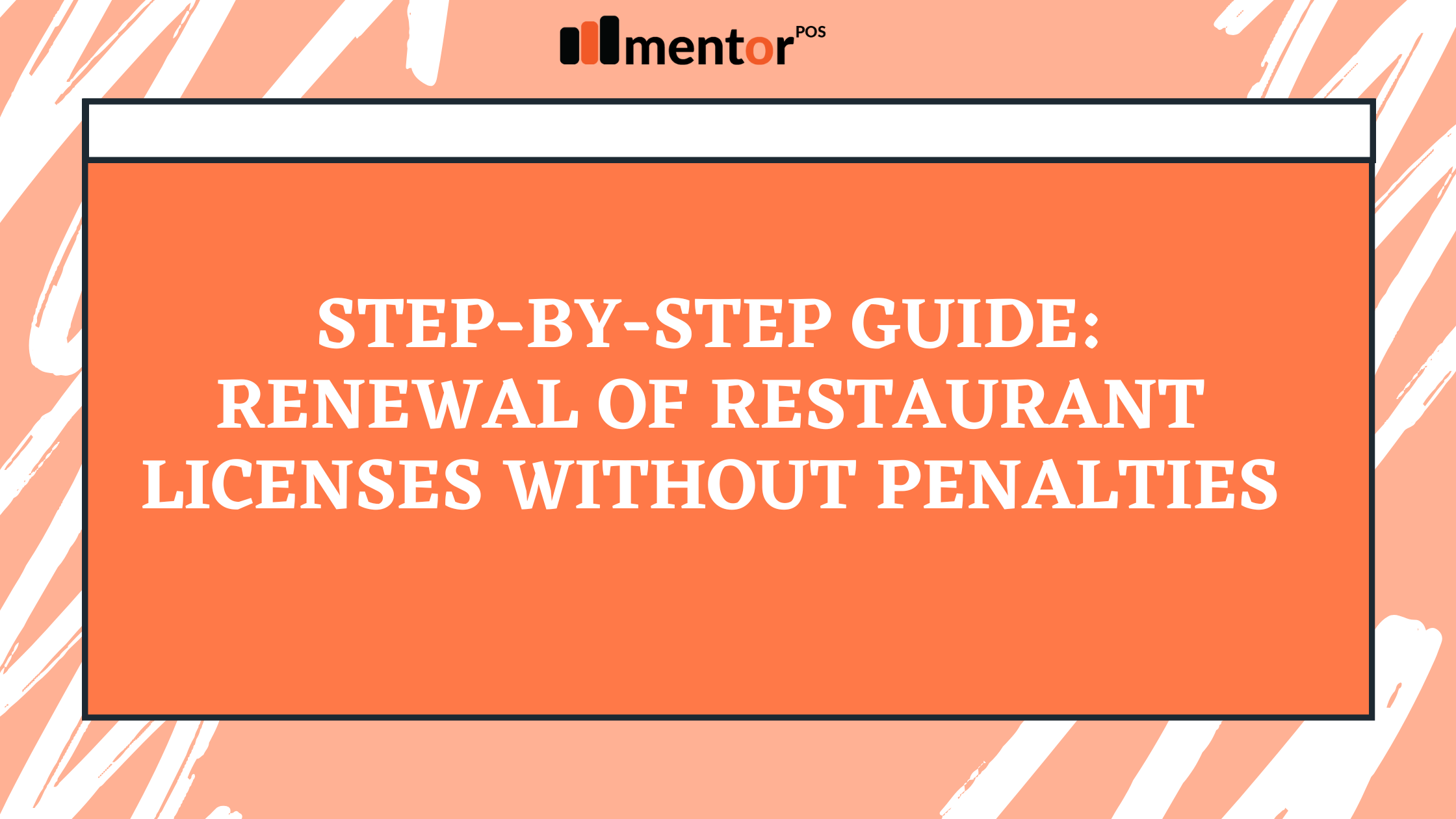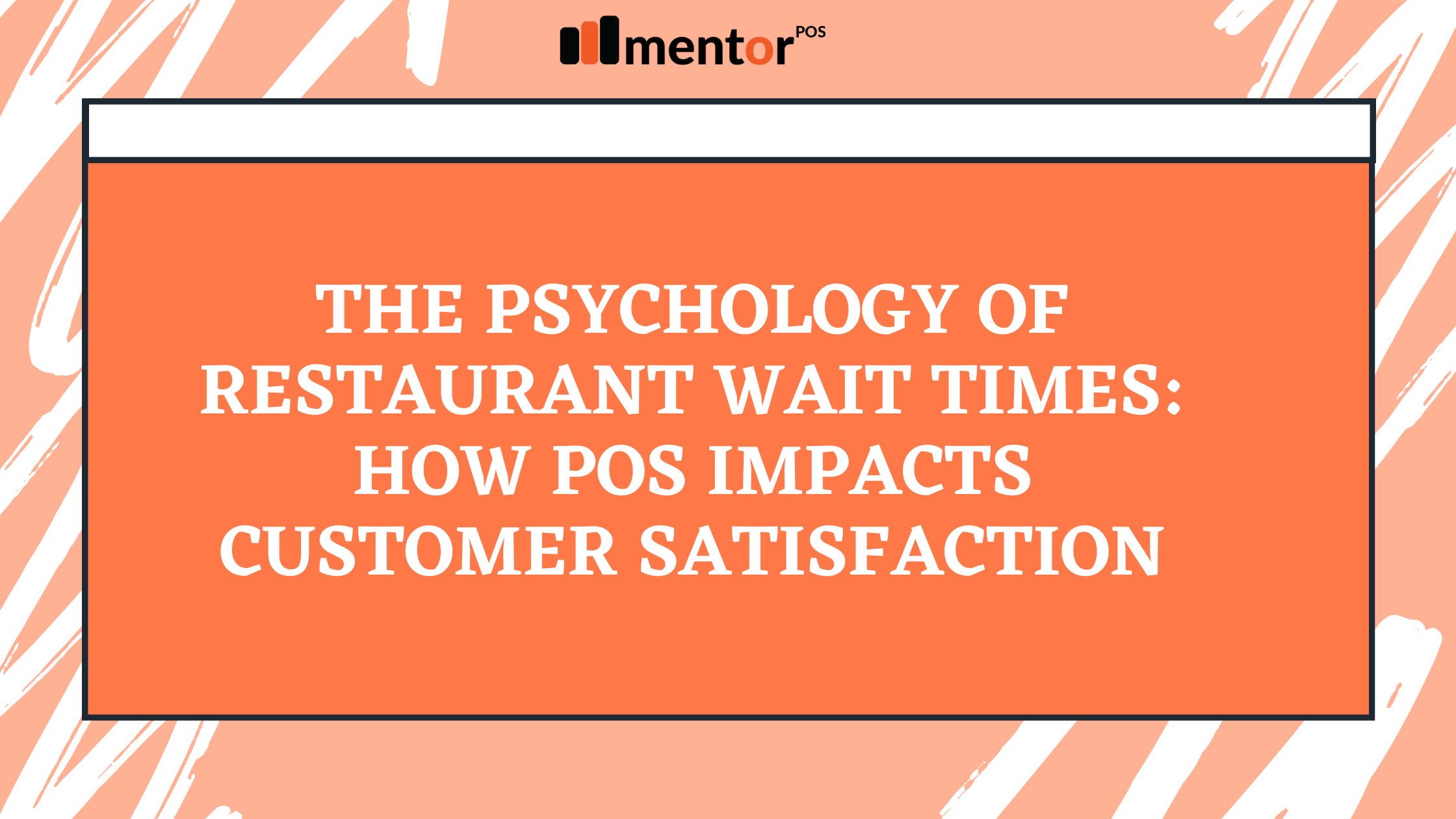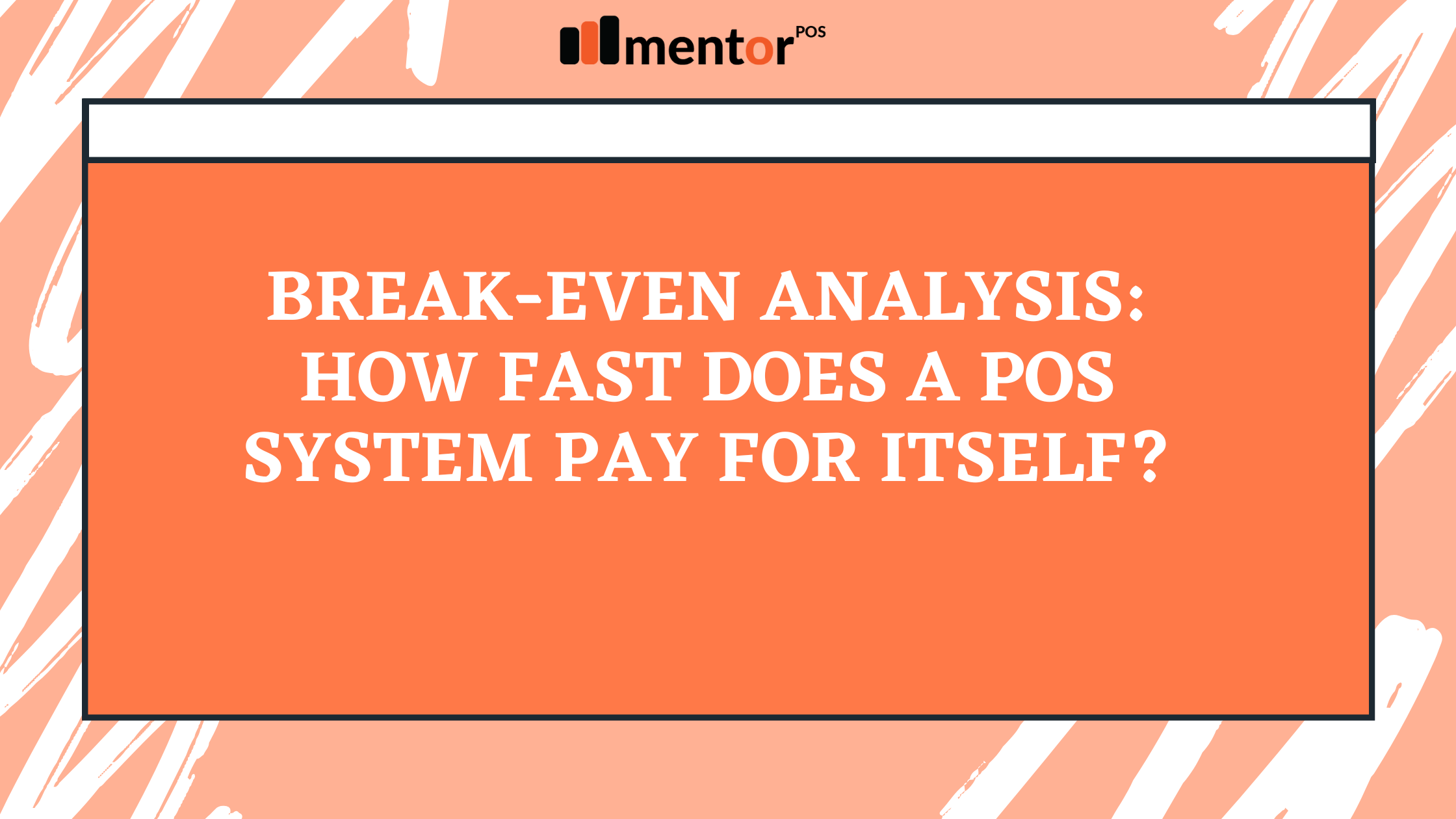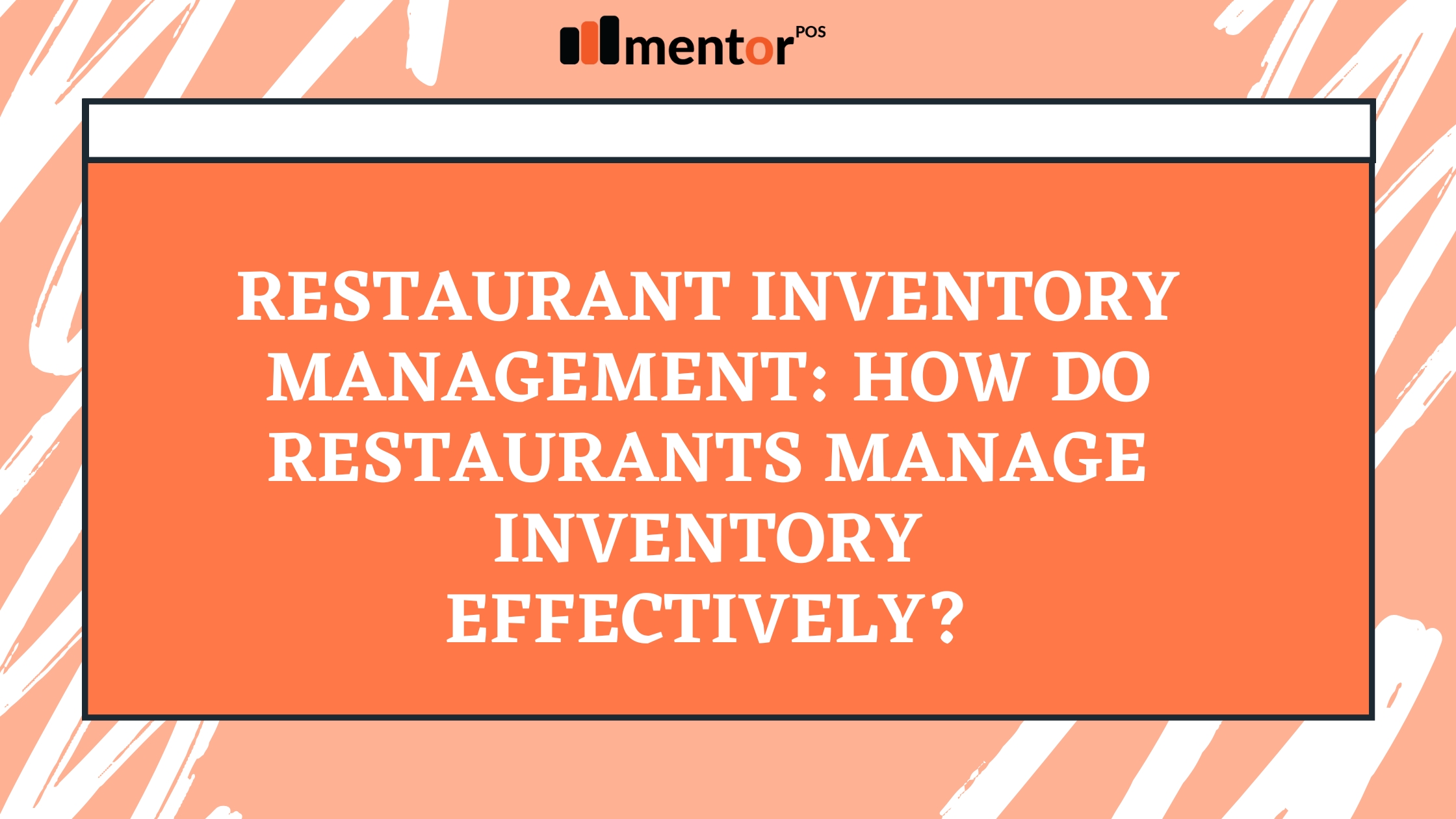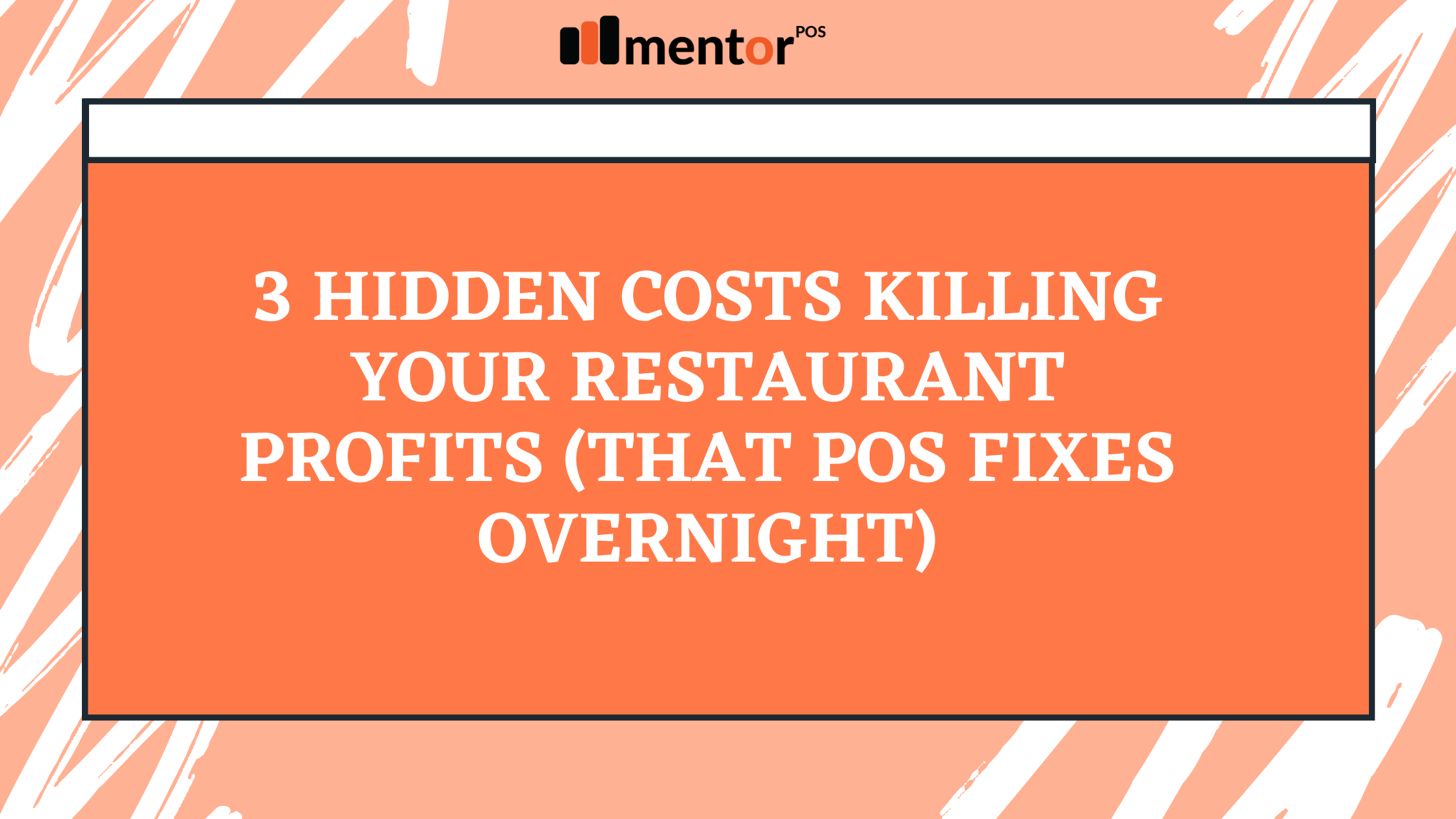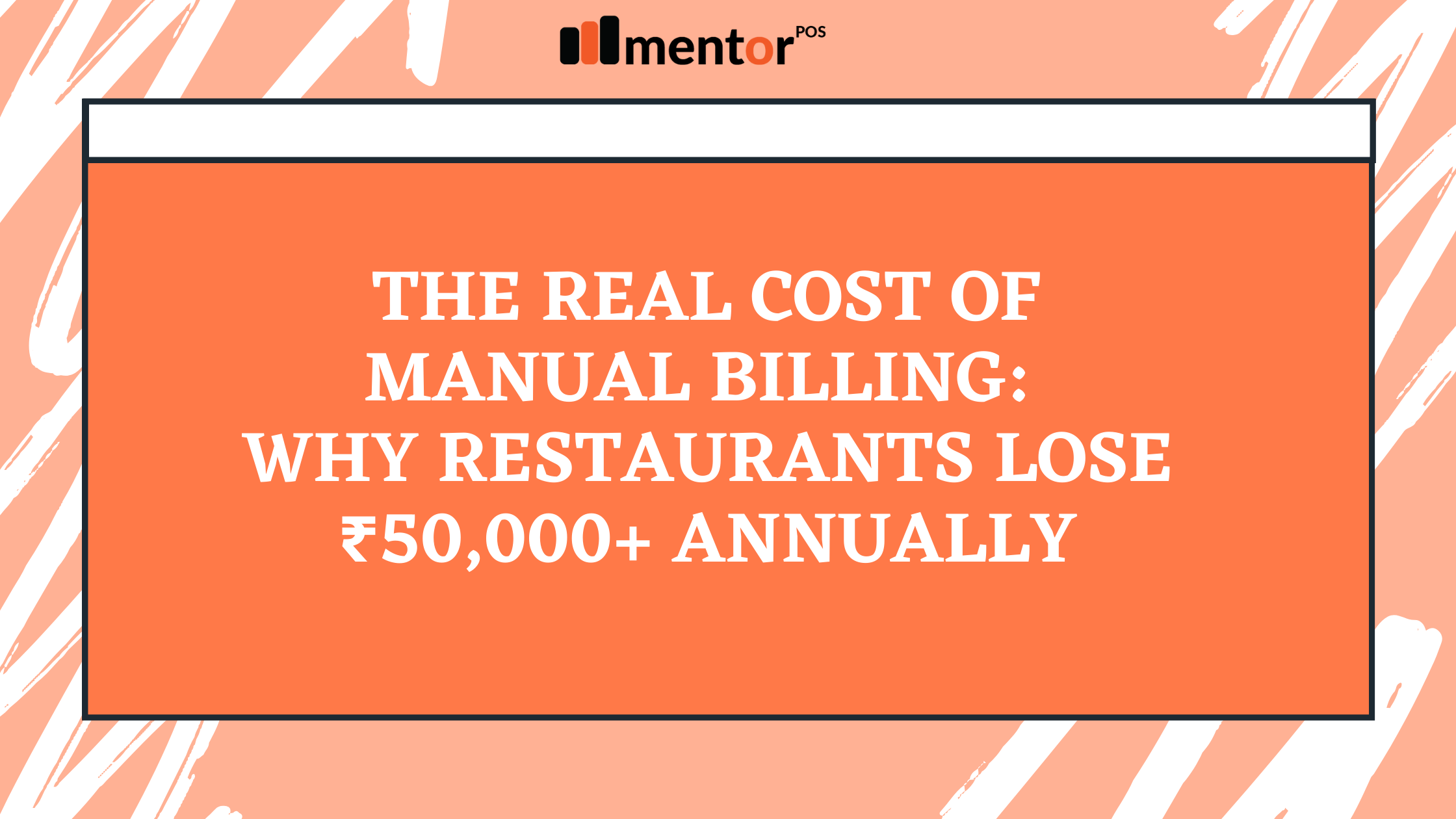Running a restaurant is an exciting yet challenging business that demands not only culinary creativity and customer satisfaction but also strict adherence to legal and regulatory requirements. Among these, timely renewal of restaurant licenses stands as one of the most crucial responsibilities. Missing a renewal deadline can lead to unnecessary fines, business interruptions, or even temporary closure. Fortunately, with proper planning and a clear understanding of the process, you can renew your restaurant licenses without facing penalties. This blog provides a complete, step-by-step guide to help you navigate the renewal process smoothly.
1. Understand Which Licenses Require Renewal
Before you start the renewal process, it’s essential to know which licenses your restaurant holds and their renewal timelines. Typically, a restaurant requires multiple licenses to operate legally, such as:
- FSSAI License (Food Safety and Standards Authority of India)
- Trade License from the local municipal authority
- Liquor License (if applicable)
- Health/ Sanitation License
- Fire Safety Certificate
- Pollution Control License
- Music or Entertainment License (if applicable)
Each of these has a different validity period and renewal procedure. For example, FSSAI licenses are often valid for one to five years, while trade licenses may need annual renewal. Start by preparing a list of all active licenses along with their expiry dates. Maintaining a license tracker—either manually or digitally—ensures you stay on top of renewal schedules.
2. Begin the Renewal Process Early
One of the most common mistakes restaurant owners make is waiting until the last minute to begin the renewal process. Many licensing authorities require submission of renewal applications at least 30 days before the license’s expiry date. Delays often result in penalty charges or rejection of applications.
As a best practice, set a reminder two months before each license’s expiry. This buffer period gives you time to collect necessary documents, make payments, and resolve any discrepancies. Renewing early also demonstrates your commitment to compliance, which may streamline the process in the future.
3. Gather All Required Documents
Each license authority demands specific documents for renewal. Having these ready in advance prevents unnecessary delays. The common documents generally include:
- A copy of the original license
- Identity and address proof of the restaurant owner or directors
- Updated rental agreement or property ownership documents
- NOC from the landlord (if applicable)
- Latest tax receipts (property tax, professional tax, etc.)
- Renewed fire safety and pollution certificates
- FSSAI-compliant food handling documents
- Latest financial statements (for certain licenses)
Ensure all documents are accurate and up to date. Even small errors, like mismatched business names or outdated addresses, can delay approval.
4. Submit Renewal Applications on Time
Once you’ve gathered the documents, proceed with the submission. Most regulatory authorities now offer online renewal facilities, making the process faster and more transparent. For example, municipal bodies allow trade license renewals through official portals, while FSSAI renewals can be done via its online platform.
During submission, double-check all details before finalizing. Upload clear, legible copies of documents and confirm that all fields are correctly filled. Once the application is submitted, note down the reference or acknowledgment number—it’s useful for tracking the status of your renewal.
5. Pay the Renewal Fees Promptly
Every license renewal requires payment of a specific fee. Non-payment or delayed payment can immediately lead to penalties or rejection. Keep track of the renewal charges for each license type and ensure timely transactions.
To avoid confusion, maintain a dedicated compliance budget in your restaurant’s financial plan. This will ensure funds are always available when renewal time comes around. Most authorities also provide digital payment receipts, so store them safely for future reference or audits.
6. Track Application Status Regularly
After submission, your renewal application may take some time to process depending on the department. Regularly check the application status on the official portal or follow up with the respective office if required.
Sometimes, authorities might request additional documents or clarifications. Respond promptly to such requests to avoid delays or cancellations. Keeping track of status updates ensures that your license does not lapse due to administrative hold-ups.
7. Display Renewed Licenses Publicly
Once you receive the renewed licenses, display them at your restaurant premises as required by law. This not only builds customer trust but also shows compliance during inspections. Keep both hard and soft copies securely filed. Many businesses also maintain a digital archive of all compliance documents for easy retrieval during audits or surprise inspections.
Also Read: Import License for Restaurants: Serving Exotic Ingredients the Right Way
8. Establish an Annual Compliance Calendar
Renewing licenses once is not enough—compliance is an ongoing responsibility. The best way to avoid penalties in the long term is by setting up a structured compliance calendar.
This calendar should include:
- License names and issuing authorities
- Renewal deadlines
- Documents required
- Contact details of regulatory officers
- Renewal fee amounts
You can maintain this manually or use compliance management software to automate reminders. Setting up alerts for upcoming renewals ensures no deadlines are missed, even during busy business periods.
9. Seek Professional Assistance When Needed
If your restaurant operates across multiple locations or holds several licenses, the renewal process can get complex. In such cases, consider hiring a compliance consultant or chartered accountant who specializes in hospitality licensing. Professionals can help you track timelines, prepare documentation, and liaise with authorities to ensure smooth renewals.
Although it may seem like an added cost, professional guidance can save you from hefty penalties and business disruptions in the long run.
10. Learn from Past Renewal Experiences
Finally, use each renewal cycle as a learning opportunity. Review any challenges faced—such as delayed document collection, incorrect payments, or communication lapses—and streamline your process accordingly. Over time, your renewal strategy will become more efficient, saving both time and stress.
Conclusion
Timely renewal of restaurant licenses is not just a legal formality—it’s a key aspect of responsible business management. A restaurant that stays compliant enjoys uninterrupted operations, avoids penalties, and builds a positive reputation among customers and authorities alike. By understanding which licenses need renewal, preparing early, submitting accurate documents, and maintaining a proactive compliance system, you can ensure your restaurant continues to serve customers without any regulatory hiccups.
A well-managed renewal process keeps your business running smoothly, legally, and profitably—allowing you to focus on what truly matters: delivering great food and memorable dining experiences.

